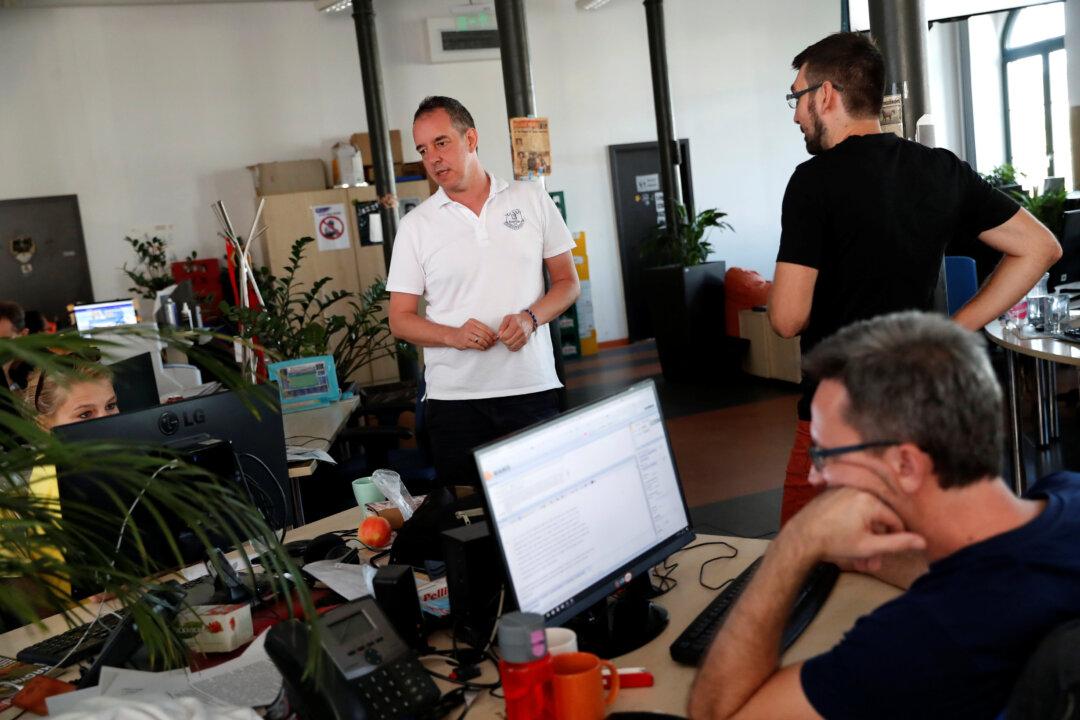BUDAPEST—The new owners of the largest independent news outlet in Hungary say they won’t meddle in its editorial policies. Reporters at Index.hu are far from sure, and recent history shows why.
Dozens of newspapers, radio, and television stations critical of Hungarian Prime Minister Viktor Orban have changed hands in the past four years. Some subsequently closed, while others have quickly and dramatically changed their tune.





